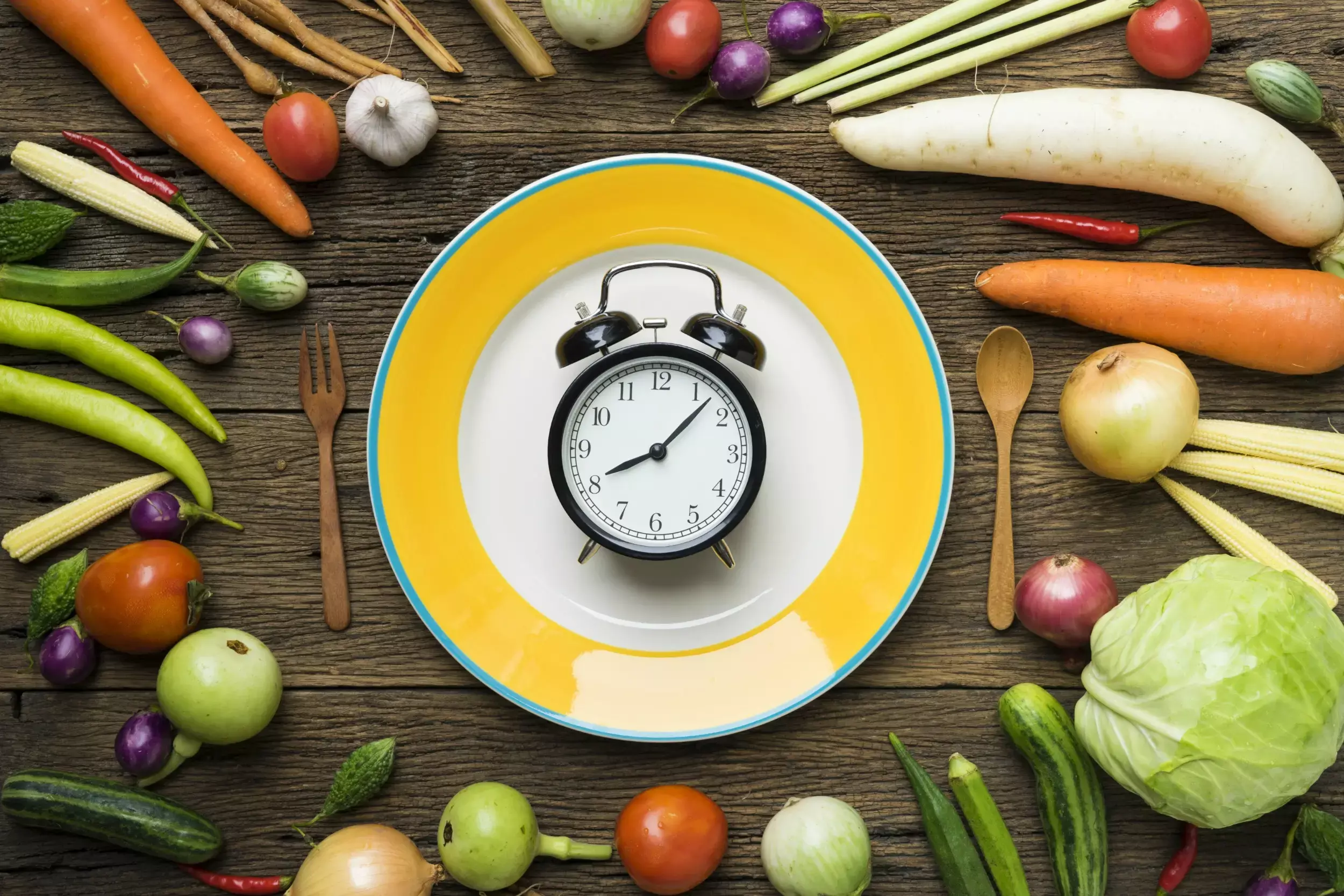- Home
- Medical news & Guidelines
- Anesthesiology
- Cardiology and CTVS
- Critical Care
- Dentistry
- Dermatology
- Diabetes and Endocrinology
- ENT
- Gastroenterology
- Medicine
- Nephrology
- Neurology
- Obstretics-Gynaecology
- Oncology
- Ophthalmology
- Orthopaedics
- Pediatrics-Neonatology
- Psychiatry
- Pulmonology
- Radiology
- Surgery
- Urology
- Laboratory Medicine
- Diet
- Nursing
- Paramedical
- Physiotherapy
- Health news
- Fact Check
- Bone Health Fact Check
- Brain Health Fact Check
- Cancer Related Fact Check
- Child Care Fact Check
- Dental and oral health fact check
- Diabetes and metabolic health fact check
- Diet and Nutrition Fact Check
- Eye and ENT Care Fact Check
- Fitness fact check
- Gut health fact check
- Heart health fact check
- Kidney health fact check
- Medical education fact check
- Men's health fact check
- Respiratory fact check
- Skin and hair care fact check
- Vaccine and Immunization fact check
- Women's health fact check
- AYUSH
- State News
- Andaman and Nicobar Islands
- Andhra Pradesh
- Arunachal Pradesh
- Assam
- Bihar
- Chandigarh
- Chattisgarh
- Dadra and Nagar Haveli
- Daman and Diu
- Delhi
- Goa
- Gujarat
- Haryana
- Himachal Pradesh
- Jammu & Kashmir
- Jharkhand
- Karnataka
- Kerala
- Ladakh
- Lakshadweep
- Madhya Pradesh
- Maharashtra
- Manipur
- Meghalaya
- Mizoram
- Nagaland
- Odisha
- Puducherry
- Punjab
- Rajasthan
- Sikkim
- Tamil Nadu
- Telangana
- Tripura
- Uttar Pradesh
- Uttrakhand
- West Bengal
- Medical Education
- Industry
Timing of intake of specific foods Improves Survival in Diabetes Patients

Diet plays an important role in the prevention and management of both cardiovascular disease (CVD) and type2 diabetes.
Researchers have found in a recent study that the time of day certain foods are consumed may affect cardiovascular disease and all-cause mortality risks for people with type 2 diabetes. Author Dr. Qingrao Song, of Harbin Medical University School of Public Health in China said "We observed that eating potatoes in the morning, whole grains in the afternoon, greens and milk in the evening and less processed meat in the evening was associated with better long-term survival in people with diabetes."
The study findings were published in the Journal of Clinical Endocrinology & Metabolism on March 15, 2022.
Diet is an accepted modifiable behavior that could be helpful for the prevention and therapy of diabetes. Although studies suggested that the time of ingestion plays an important role in the prevention and treatment of diabetes, only a few studies have examined the association of consumption time of different food with the natural course of diabetes. Therefore, Dr Tianshu Han and his colleagues conducted a study to investigate whether food intake time across 3 meals is associated with long-term survival among people with diabetes.
In this study, the researchers analyzed data from 4,642 adults aged 18 years and older with diabetes who participated in the National Health and Nutrition Examination Survey from 2003 to 2014. They divided food consumption across a day including the forenoon, afternoon, and evening into quantiles based on their distribution. They used Cox proportional hazards regression models to analyze the survival relationship between food intakes time and mortality.
Key findings of the study:
- In the morning, compared to the participants in the lowest quantile of potato and starchy vegetable, the researchers observed that the participants in the highest quantile had a lower mortality risk of cardiovascular disease (CVD) [hazard ratio (HR)potato = 0.46; HRstarchy-vegetable = 0.32].
- In the afternoon, they noted that the participants who consumed whole grain had lower mortality of CVD (HRwhole grain = 0.67).
- In the evening, they found that the highest quantile of dark vegetable and milk intake is related to lower mortality risk of CVD (HRdark vegetable = 0.55; HRmilk = 0.56) and all-cause mortality (HRmilk = 0.71).
- They also found that the participants in the highest quantile of intakes of processed meat are more likely to die due to CVD (HRprocessed-meat = 1.74).
- Altogether, they noted that isocalorically switching 0.1 serving potato or starchy vegetable consumed in the afternoon or evening to the forenoon, 0.1 serving dark vegetable consumed in the afternoon to the evening, and 0.1 serving whole grain consumed in the forenoon to the afternoon reduced the risk of CVD mortality.
The authors concluded, 'Higher intake of potato or starchy vegetable in the forenoon, whole grain in the afternoon, and dark vegetable and milk in the evening and a lower intake of processed meat in the evening was associated with better long-term survival in people with diabetes".
For further information:
DOI: https://doi.org/10.1210/clinem/dgac069.
Keywords: Starchy vegetable, Mealtime, Timing of food intake, long-term survival, type 2 diabetes, National Health and Nutrition Examination Survey, CVD Mortality,dark vegetable, Diabetic diet, Journal of Clinical Endocrinology & Metabolism.
Medical Dialogues Bureau consists of a team of passionate medical/scientific writers, led by doctors and healthcare researchers. Our team efforts to bring you updated and timely news about the important happenings of the medical and healthcare sector. Our editorial team can be reached at editorial@medicaldialogues.in.
Dr Kamal Kant Kohli-MBBS, DTCD- a chest specialist with more than 30 years of practice and a flair for writing clinical articles, Dr Kamal Kant Kohli joined Medical Dialogues as a Chief Editor of Medical News. Besides writing articles, as an editor, he proofreads and verifies all the medical content published on Medical Dialogues including those coming from journals, studies,medical conferences,guidelines etc. Email: drkohli@medicaldialogues.in. Contact no. 011-43720751


